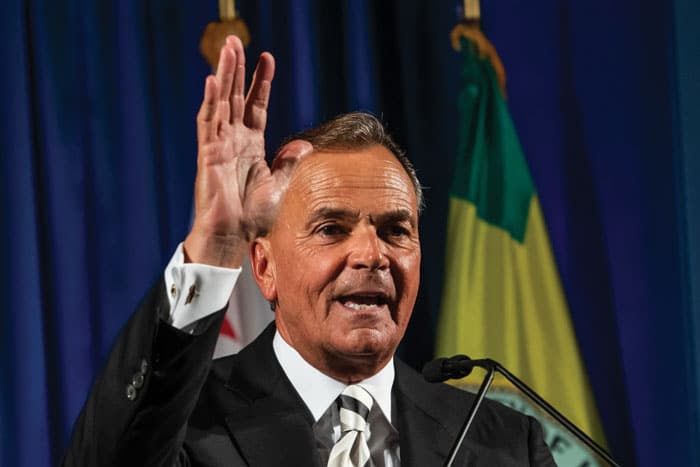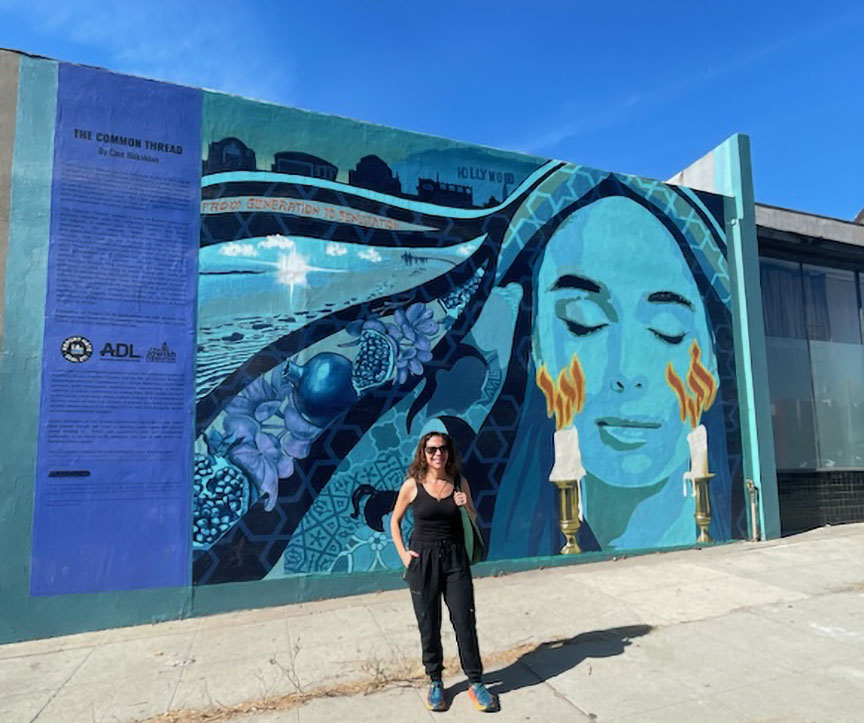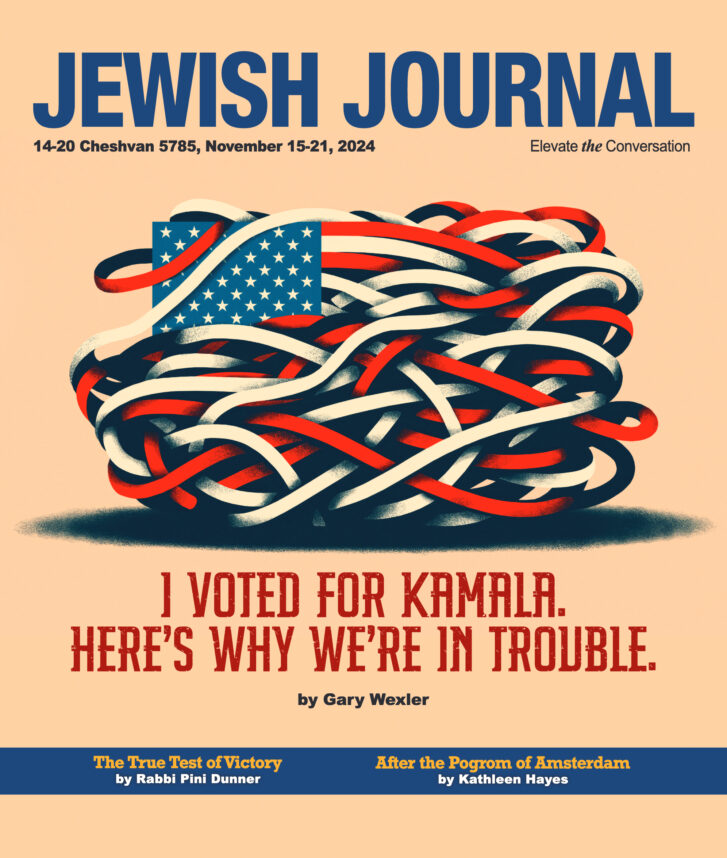
The latest Los Angeles Times/UC-Berkeley poll has some good news and some bad news for mayoral hopeful Rick Caruso.
There are still roughly two months remaining before Election Day, and Caruso’s team demonstrated convincingly this past spring that is more than enough time for tens of millions of dollars to dramatically change the course of a campaign. More importantly, Angelenos are still fixated on Caruso’s two key issues of crime and homelessness, and the opportunity still exists for the businessman-turned-candidate to use both issues to his advantage in his race against frontrunner Karen Bass in the weeks ahead.
But the poll shows that while a potential path to victory for Caruso is clear, it is also steeply uphill. The first public survey of the general election campaign showed Bass with a formidable 12-point lead over Caruso among registered voters, which is certainly not an insurmountable margin but does put the real estate magnate at a decided disadvantage as the race heats up.
Even more challenging for Caruso are additional results that the Times buried deep inside their story about the poll. While Bass maintains a healthy 43-31 advantage among all voters, the survey also separated out those voters who are most likely to cast ballots. This more reliable indicator shows Bass’ lead expanding to more than twenty points, a daunting margin of 53-32 percent.
Caruso may still be able to turn the race in his favor through sheer force of unprecedented spending. The billionaire spent more on his primary campaign than any mayoral candidate in the city’s history had done in a primary and general election campaign combined. That cash outlay was enough to catapult him from low single digits in early polling to a second place primary finish and a spot in the general election runoff. But he still finished seven points behind Bass in the primary, and third and fourth place finishers Kevin de Leon and Gina Viola are well to the left of Bass politically so their supporters would be less likely to opt for the centrist Caruso in November. Which means that much of Caruso’s spending will be directed toward convincing the most progressive voters that Bass is not worthy of their support and that they don’t need to bother to vote at all.
The most important voters for Caruso are those who may be able to be persuaded that Bass is not strong enough to successfully thwart the city’s crime and homelessness issues.
But the most important component of a Caruso comeback will be among voters closer to the political center who may be able to be persuaded that Bass is not strong enough to successfully thwart the city’s crime and homelessness issues. The only top-tier issue on which voters preferred Caruso to Bass is crime and public safety: Caruso’s team will be merciless in their efforts to portray Bass as a career politician who simply doesn’t know how to fight back effectively on these issues.
From the beginning, Caruso’s gamble is that crime and homelessness have made Los Angeles voters more willing to stray from political orthodoxy to make their city safe again. But Angelenos are not conservative: most are progressives who are frightened by violent crime and exhausted by rampant homelessness. They may be willing to embrace more extreme tactics to confront these challenges, but they must also be reassured that they can be more aggressive while still being essentially good people. That’s a much more nuanced message than a more frontal “tough on crime” approach and will be more challenging for Caruso to deliver than the old-school lock-‘em-up missives that elected Dick Riordan almost thirty years ago. But Caruso’s religious and philanthropic history gives him the credibility to articulate that type of message. The question is when we’ll hear it.
But Caruso’s campaign has been almost silent throughout the summer, perhaps believing that voters would not be paying much attention until after Labor Day. So it’s more than likely that their advertising onslaught will begin in the next several days. Bass’ past political successes have mostly come from behind-the-scenes negotiations rather than high-profile and highly emotional public engagement. We’re about to find out if she can adjust to this type of environment and withstand the barrage that is coming her way.
Dan Schnur is a Professor at the University of California – Berkeley, USC and Pepperdine. Join Dan for his weekly webinar “Politics in the Time of Coronavirus” (www/lawac.org) on Tuesdays at 5 PM.






















 More news and opinions than at a Shabbat dinner, right in your inbox.
More news and opinions than at a Shabbat dinner, right in your inbox.